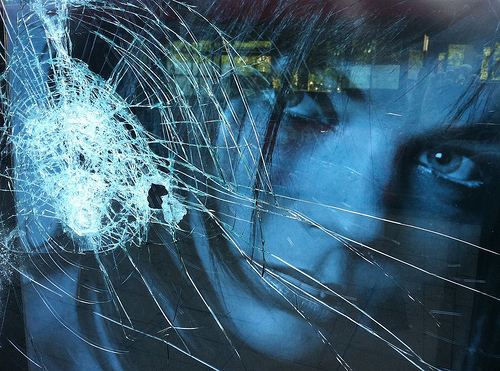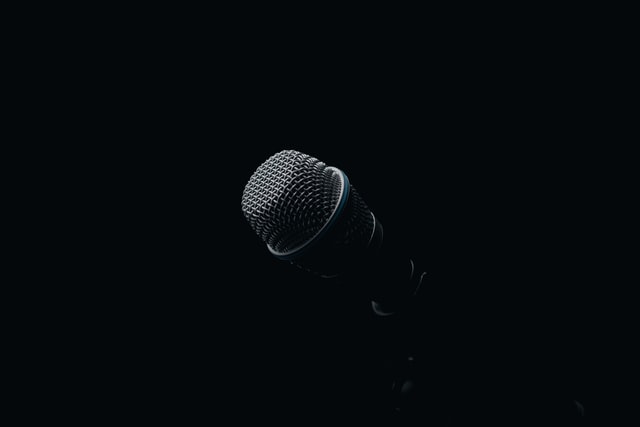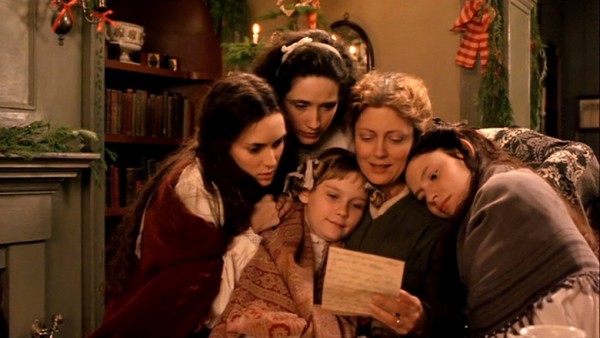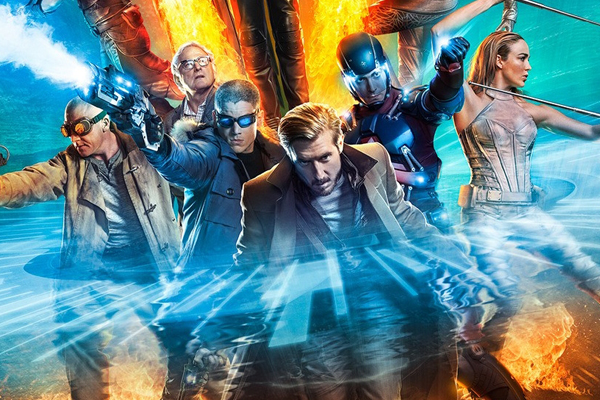Dystopian or Not Dystopian? That is the Question…
Posted by
Laura Crockett
(Image via)
Forget fantasy, drop school fiction, paranormal romance was so yesterday — dystopian trilogies are the new It Crowd of YA literature.
Ever since The Hunger Games exploded in popularity, promoting a YA novel as “dystopian” seems like an easy ticket to increase sales. Unfortunately, "dystopian" has become confused with action and adventure, post-apocalyptic, and even science fiction stories rather quickly. And with all of the marketing that claims these new YA books are "dystopian," readers are getting confused. What is dystopian? What is not? Factions and fandoms grip their precious genres close to their hearts and hiss at any book that claims to be a "dystopian science fiction" when it is only science fiction.
Oh my.
So what is dystopia?
In the simplest terms, dystopia is the opposite of utopia. Utopia is paradise and perfection; dystopia is not. What makes for great dystopian fiction is the one character that realizes the "utopia" is not a peaceful haven but rather a very controlling, restrictive society. This eureka moment catapults the novel into a “free the people!” and “down with the government!” theme as the protagonist exposes the flaws of this utopia to friends and family and awakens his or her own senses as well.
Still not getting it? Let’s consult some dictionaries!
According to Merriam Webster, “dystopia” is defined as “an imaginary place where people lead dehumanized and often fearful lives”. The Free Online Dictionary also states that a dystopia is “an imaginary place or state in which the condition of life is extremely bad, as from deprivation, oppression, or terror.” Dehumanization, oppression, terror — sounds about right. Now for some examples.
Along with Brave New World by Aldous Huxley (test-tube babies, class system, and controlled by pleasure), some classic dystopian novels include George Orwell’s 1984 (oppressive Big Brother government, controlling thought and memory), Lois Lowry’s The Giver (living in a seemingly peaceful society, then exposed to the truth), Margaret Atwood’s The Handmaid’s Tale (healthy women are only meant for procreation and must be handed from man to man, pregnancy is of utmost importance and therefore earns the highest respect), and Ray Bradbury’s Fahrenheit 451 (mindlessly causing terror and destruction, until revealed a more peaceful, free-thinking society).
As teen literature came into its own, more and more YA books seized upon these themes. It makes perfect sense–since YA novels focus on coming-of-age stories, juxtaposing self-discovery coincides with discovering the cracks and fissures in dystopian societies makes for excellent reading.
Some of the classic YA dystopians are the more traditional ones, where the focus truly is on finding these flaws and tearing them down, including:







Matched by Ally Condie (very similar to Brave New World, with pills and pre-assigned lifestyles)
Delirium by Lauren Oliver (manipulating portions of the brain so as not to feel extreme emotion)
Divergent by Veronica Roth (dividing people into different factions based on strengths and personality)
Uglies by Scott Westerfield (operations to make everyone beautiful and live a life of pleasure)
Birthmarked by Caragh M. O’Brien (society is divided by those within the walls and outside the walls, and status is based on genetic birthmarks)
The Pledge by Kimberly Derting (society is divided by class based on the language you speak)
Feed by M.T. Anderson (people are connected to the internet through a chip in the brain)
But what about books where things are different, but not necessary totalitarian, like Across the Universe by Beth Revis (a spaceship headed for another planet carries generations of people as well as frozen and preserved bodies to be awakened upon landing), The Maze Runner by James Dashner (a boy wakes up in an enclosed glade without any recollection of who or where he is), or even the classic Lord of the Flies by Golding (several boys crash-land onto an island and must set up rules for survival)? These are called “isolated dystopias” as the world is not perfect, the protagonist was thrown into an unwanted situation, and the people involved must devise their own rules so chaos does not erupt.
Something catastrophic must have happened to trigger a post-apocalyptic dystopian society. Whether caused by war, disease, or famine, the populations in society are restricted or must be enhanced, government tightens control, and any disobedience is severely punished. Rules evoke fear. If the society is lawless and crumbling (think of Cormac McCarthy’s brilliant The Road), the story is no longer primarily dystopian. These kinds of YA books lean more towards science fiction or action/adventure genre, thanks to the post-apocalyptic theme. Cue the zombie novels!
Post-apocalyptic fiction, with sci-fi and action doses and a hint of dystopia, include:






Partials by Dan Wells (engineered beings, deadly viruses, and low population)
Wither by Lauren DeStefano (technology botched the perfect human race, people die at 25)
Ashfall by Mike Mullin (an ash volcano erupts and society is plunged in darkness)
Dark Inside by Jeyn Roberts (natural disasters wipe away civilization, remaining humans are killers)
This is Not a Test by Courtney Summers (teens are locked in a school to protect themselves from zombies)
Monument 14 by Emmy Laybourne (natural disasters and chemical spills wreck havoc on the world)
While all of these titles I’ve listed have dystopian hints, the crucial elements of a dystopian will always include what caused the unique situation and setting, how the protagonist responds to this setting, and fighting for freewill or survival. Dystopian societies are about control, oppression, secrecy, and division. If this is not the primary theme, the book may be an isolated dystopia (more adventure) or post-apocalyptic (more science fiction).
What are your thoughts on the genre?




